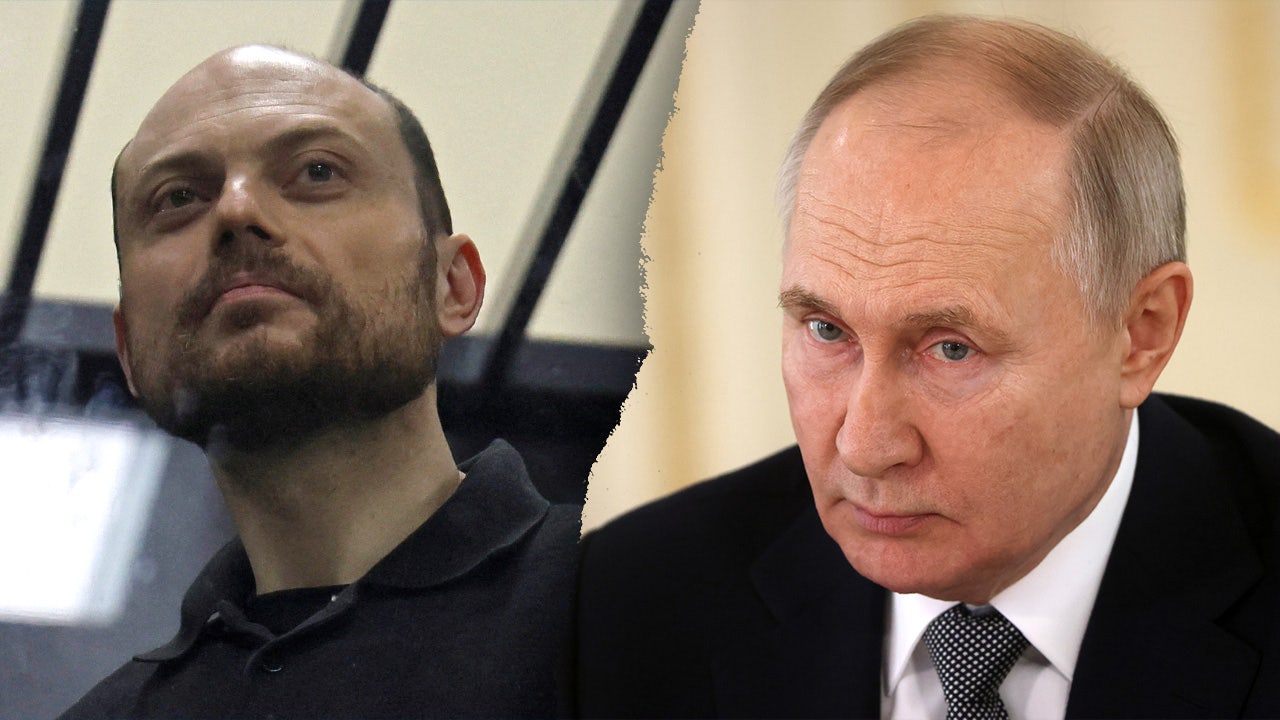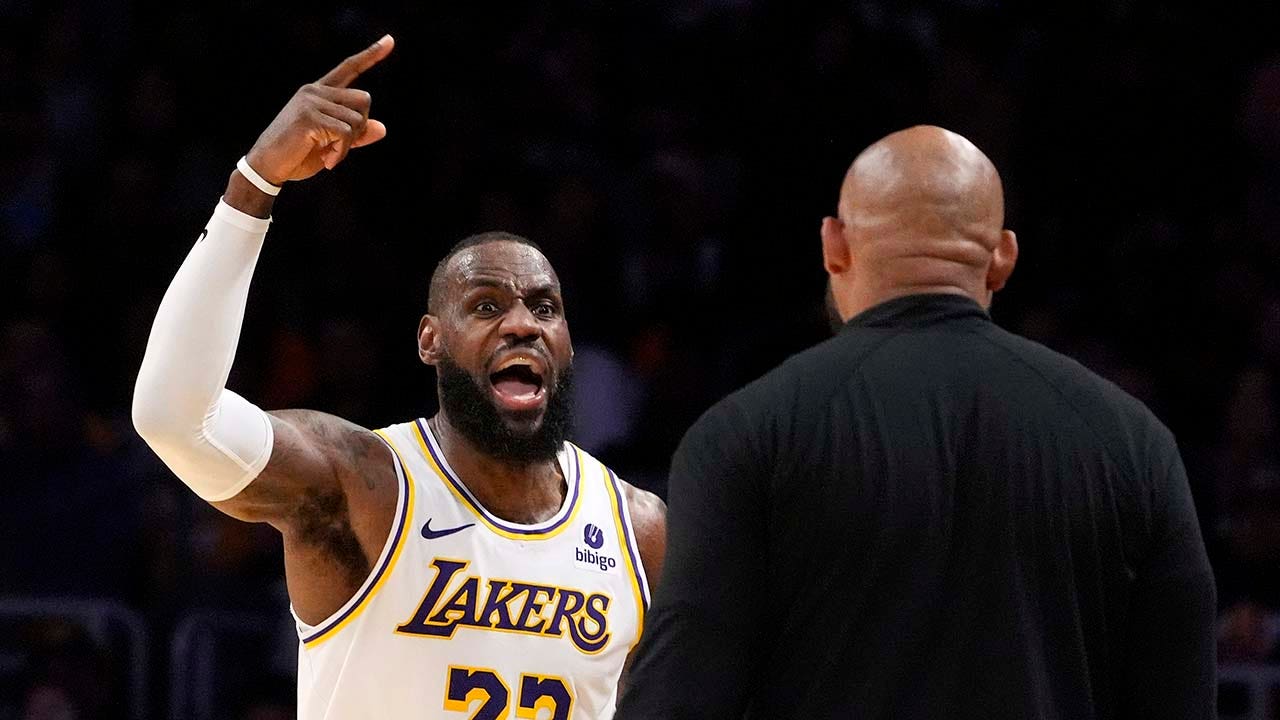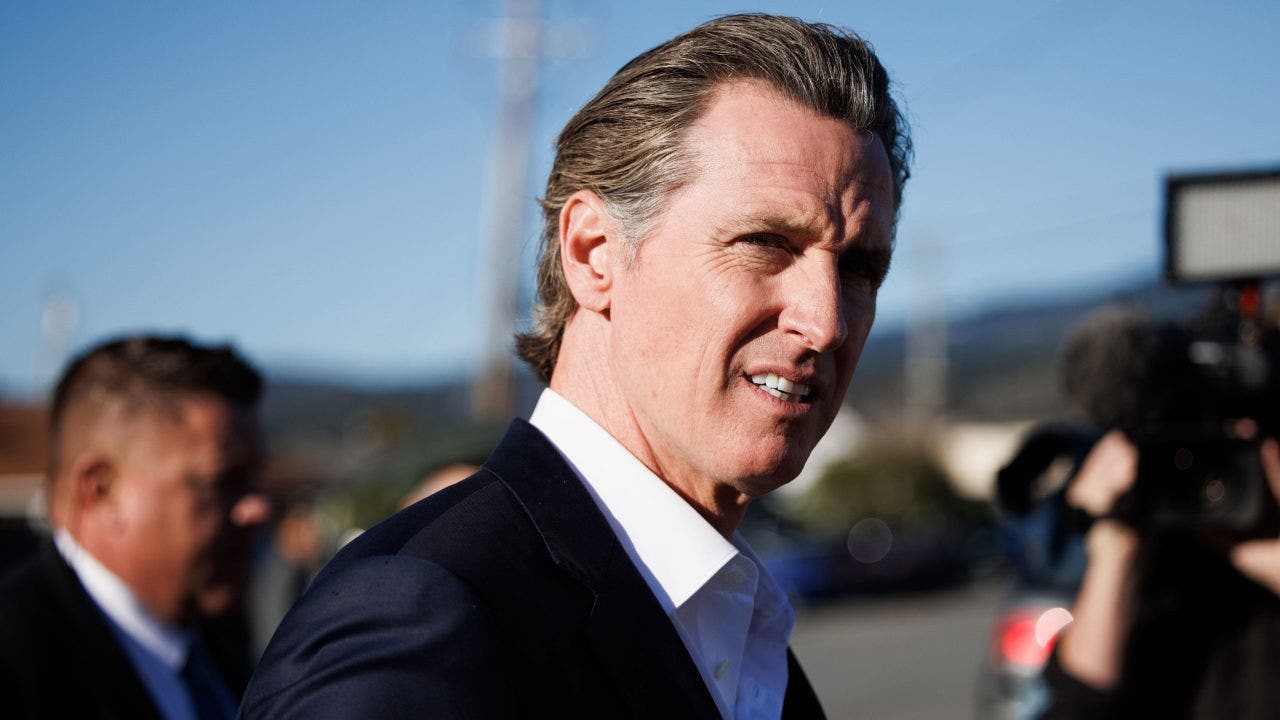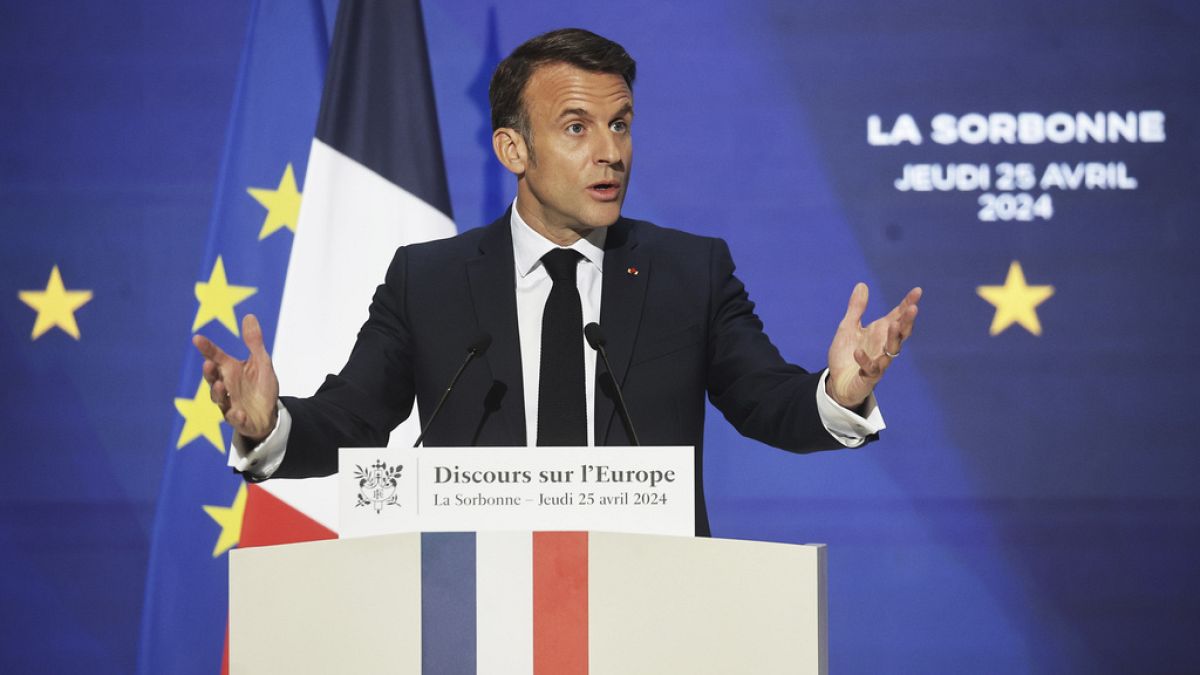West Virginia
Bishop says Catholic schools would continue with current West Virginia vaccination standards – WV MetroNews

If private and parochial schools are allowed to set their own immunization policies under new legislation, West Virginia’s Catholic schools would continue to abide by existing standards.
“We’re not going to change our practice. We will be requiring the normal set of immunizations for children in our schools,” Mark Brennan, bishop of the Diocese of Wheeling-Charleston said on MetroNews’ “Talkline.”
“It really is for the good of the children and the staffs, but also the Catholic way is to contribute to the common good. Vaccinations have a more than two centuries track record of really helping to improve public health.”
House Bill 5105 removes vaccination requirements for students in virtual public schools, and it also would allow private and parochial schools to set their own standards.
But senators pulled out a provision that would have allowed parents to send in a letter citing a religious exemption to vaccination requirements. The bill passed both chambers on the final night of the regular legislative session and is now awaiting a decision from the governor.
West Virginia’s latest figures show 12,494 non-public school students in 143 private/parochial schools. This does not include 25,882 homeschooled students.
Of those, the largest number are private schools associated with the Catholic Church — with total enrollment in 26 elementary and high schools at 4,528 students.
“We need to protect those children and also the teachers and the staff who are with them — but also the wider community. We’re helping by having children who have the proper immunizations. It really contributes to the good of the entire state. So we will not be changing our policy,” Brennan said.
“It is great that the Legislature wants to recognize our rights to do what we think is proper in our schools, but we do think it is proper to maintain the protocols we had in place for immunizations for our students.”
As of now, the West Virginia Department of Education boasts that the state has one of the most effective school-entry vaccine preventable laws in the nation: “The vaccination laws have proven to improve attendance rates for students and staff while ensuring children stay healthy, safe, and ready to learn.”
West Virginia students entering school for the first time must show proof of immunization against diphtheria, pertussis, tetanus, polio, measles, mumps, rubella, varicella, and hepatitis B unless properly medically exempted.
Asked last week about whether he would sign the bill loosening the requirements for virtual students and private schools, Gov. Jim Justice said he hadn’t yet made up his mind.
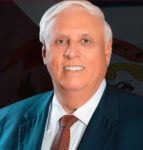
“I just need to look at it. I am all for all the understandings of our freedoms. I am not a medical doctor. I do not know the ramifications about the possibilities that can exist or would exist by taking the shots and everything,” Justice said.
“Let me just look at it. I think it’s premature for me to say ‘Yeah, I’ll sign it or we’ll go another way.’”

At a state Board of Education meeting last week, Fred Albert of the American Federation of Teachers-West Virginia, said the bill allowing vaccination loopholes is bad policy.
“I’m all for people having freedom and choice. That’s the American way of life. But when someone’s freedom then infringes upon the safety of others, I think we have a real concern,” Albert said. “Why would we want to go back to the days of measles and mumps and rubella, chicken pox, polio.”
Albert asked people to contact the governor to urge a veto.
“Please veto this bill,” he said. “It’s not a good bill.”

West Virginia
Alex Mooney visits Wood County

PARKERSBURG, W.Va. (WTAP) – Alex Mooney made a trip into the community in Wood County.
Throughout his campaign, he has engaged in meet-and-greets and door-knocking events to meet as many voters as possible to remind them of his voting records.
Mooney says if he is elected as a Senator, he wants to continue to fight for conservative values and the residents deserve that.
“Well, I am the only candidate with a proven conservative voting record in this race, and West Virginia deserves a conservative US Senator; that’s me. My name is Alex Mooney. For ten years, I have represented West Virginia in the US House of Representatives, and my voting record is clear on pro-life, Second Amendment, and less taxes. My opponent is liberal, so that is why I am running because West Virginia deserves a conservative. People in Wood County deserve someone who will fight for them for their conservative values and their freedoms. I have done that already as their congressman for the past two years, I have been in Congress for ten years, but I have represented Wood County for the past two years and I have shown that, so if you want someone who has been shown to actually be a fighter against the democrat establishment, I am your guy.” said Alex Mooney, candidate for U.S. Senate
Mooney is currently the U.S. Representative from West Virginia’s Second Congressional District.
Copyright 2024 WTAP. All rights reserved.
West Virginia
Approval of $1.2 billion means West Virginia can jumpstart broadband rollout – WV MetroNews
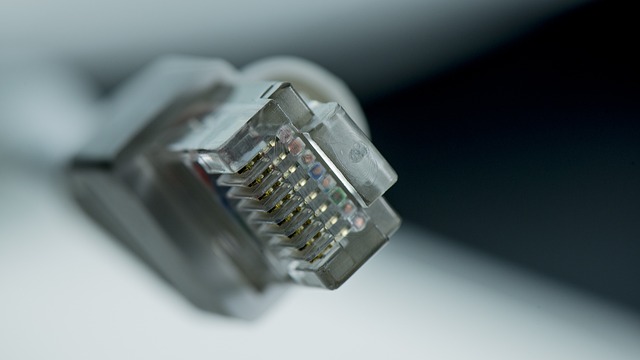
West Virginians — let’s say quintessential state residents Toby and Edith, for example — have gotten a jump toward improving broadband connectivity after the state became one of the first three approved to unlock millions of federal dollars.
That doesn’t mean state residents with poor or zero internet access will gain it right away. But this week’s announcement that West Virginia can start drawing down $1.2 billion is a major step toward progress in a state where connectivity has been an uphill battle.
“It is somewhat dependent on where you live, the applications that will address that target region and target project area,” West Virginia Economic Development Mitch Carmichael said this week.
“But without this funding, you could be Toby and Edith and never have broadband access. So this does enable it, and we’re within a very fast timeframe.”
The Department of Commerce’s National Telecommunications and Information Administration has approved Kansas, Nevada and West Virginia’s initial proposals for the Broadband Equity, Access, and Deployment (BEAD) program, a cornerstone of the Biden-Harris Administration’s “Internet for All” initiative.
The designation will enable the states to request access to funding and begin implementation of the BEAD program.
Of the three initial states, West Virginia will draw down the most:
- Kansas: $451.7 million
- Nevada: $416.6 million
- West Virginia: $1.2 billion
The BEAD program is a $42.45 billion state grant program authorized by President Biden’s Bipartisan Infrastructure Law. The states were allocated funding to deploy or upgrade high-speed internet networks to ensure that everyone has access to reliable, affordable, high-speed Internet service.
So there is still a lot more work ahead, but officials celebrated the milestone.

“It’s a huge deal,” said Evan Feinman, director of the Broadband Equity, Access, and Deployment program with the Department of Commerce’s National Telecommunications and Information Administration.
“There’s no two ways about it. This has been a problem that has really made economic development, has made education, has made access to healthcare, a real challenge to folks who work in urban centers in West Virginia. This is the day that we’re going to start to really solve that problem, close the digital divide and make sure we can get every West Virginian online.”
In a conference call with reporters, Feinman described the hard work, motivation and organization of West Virginia officials. “Everybody we talked to was extremely motivated to get this problem solved for West Virginia,” he said, focusing his comments on the state Office of Broadband.
“It is the case that it’s one of the finest broadband offices in the country, and they just consistently do really, really excellent work.”
Feinman said West Virginia “took a pretty unique approach that it took me a while to get my head all the way around — target regions comprised of different sub-target areas and a really aggressive approach toward making sure low-income folks in West Virginia were going to be able to take service and afford it.
“So it really required a lot of thinking, hard work and late nights and a clear understanding that this was a shared endeavor.”

Kelly Workman director of the state Office of Broadband, acknowledged this is a major step but availability won’t be immediate.
“With a $1.2 billion program, you can imagine that there must be a very detailed plan for execution. So the plan is approved,” she said. “The second part of this is we have to detail the budget.
“There’s a deployment phase. Once we ensure that we can reach all the unserved locations in West Virginia, we can move on to non-deployment activities. So, we’ve proposed some non-deployment activities related to workforce. We’ve proposed $50 million for workforce development related to the broadband industry to carry out this massive infrastructure program.”
Carmichael emphasized that as the program is carried out, “It will reach every address, every single address or you don’t get any of it.
“This is a monumental leap forward to get every single address. And we’re doing it post-haste. As fast as you can move it.”
West Virginia
WVSports – 2026 LB Taylor talks West Virginia choice
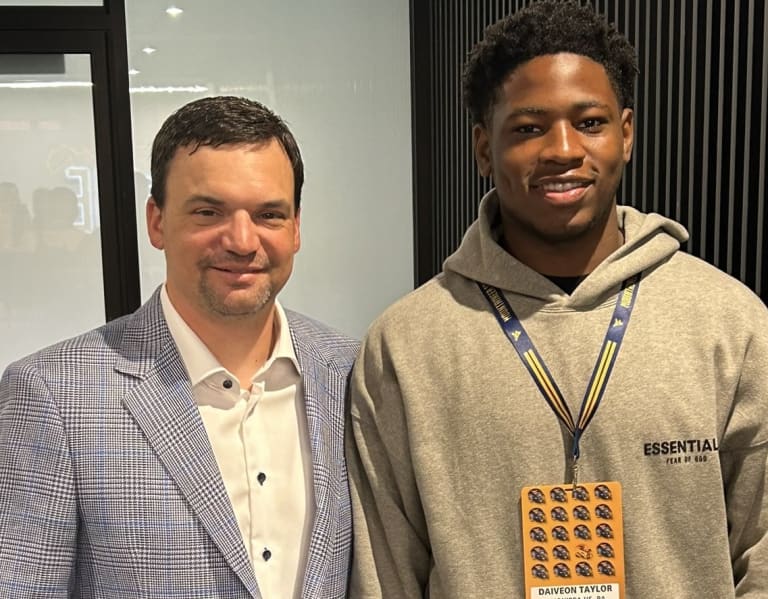
Pittsburgh (Pa.) Aliquippa 2026 linebacker Daiveon Taylor had already been leaning toward West Virginia but his visit for the Gold-Blue spring game was enough to push things over the edge with his commitment.
Taylor, 6-foot-2, 210-pounds, had already visited Morgantown multiple times and that comfort level was a significant piece in his decision-making process
Inside linebackers coach Jeff Koonz served as the lead recruiter for him but he also had strong bonds with multiple members of the staff.
“The coaches were a big key,” he said.
And the fact that each of them made him feel like a priority every time he stepped foot on campus and was able to interact with them mattered to the 2026 linebacker.
“They’ve been like this from the start,” he said.
The Mountaineers offered Taylor last spring and have remained in contact with him since that point. On top of West Virginia, he also collected scholarship offers from Penn State, Pittsburgh, Maryland and Syracuse.
Taylor gave the coaches the news when he met with them toward the end of the visit and both parties were equally excited about the union. On top of the coaches, Taylor also has been impressed with the atmosphere in Morgantown as well as the facilities that the program has to offer student-athletes.
“The facilities, the recovery and coaching. The love they show me made me feel like it was time,” he said.
West Virginia is targeting the Rivals.com three-star prospect as a linebacker with the ability to play either inside or outside depending on how he continues to develop over the next several years. But with his commitment now in the rearview mirror, Taylor is excited for his future in Morgantown.
“I love the environment. It makes me feel like I’m at home and welcomed and loved,” he said.
-

 Kentucky1 week ago
Kentucky1 week agoKentucky first lady visits Fort Knox schools in honor of Month of the Military Child
-

 World1 week ago
World1 week agoShipping firms plead for UN help amid escalating Middle East conflict
-

 Politics1 week ago
Politics1 week agoICE chief says this foreign adversary isn’t taking back its illegal immigrants
-

 Politics1 week ago
Politics1 week ago'Nothing more backwards' than US funding Ukraine border security but not our own, conservatives say
-

 News1 week ago
News1 week agoIs this fictitious civil war closer to reality than we think? : Consider This from NPR
-

 News1 week ago
News1 week agoThe San Francisco Zoo will receive a pair of pandas from China
-

 World1 week ago
World1 week agoTwo Mexican mayoral contenders found dead on same day
-

 Politics1 week ago
Politics1 week agoRepublican aims to break decades long Senate election losing streak in this blue state

/cdn.vox-cdn.com/uploads/chorus_asset/file/25362057/STK_414_AI_CHATBOT_R2_CVirginia_B.jpg)
